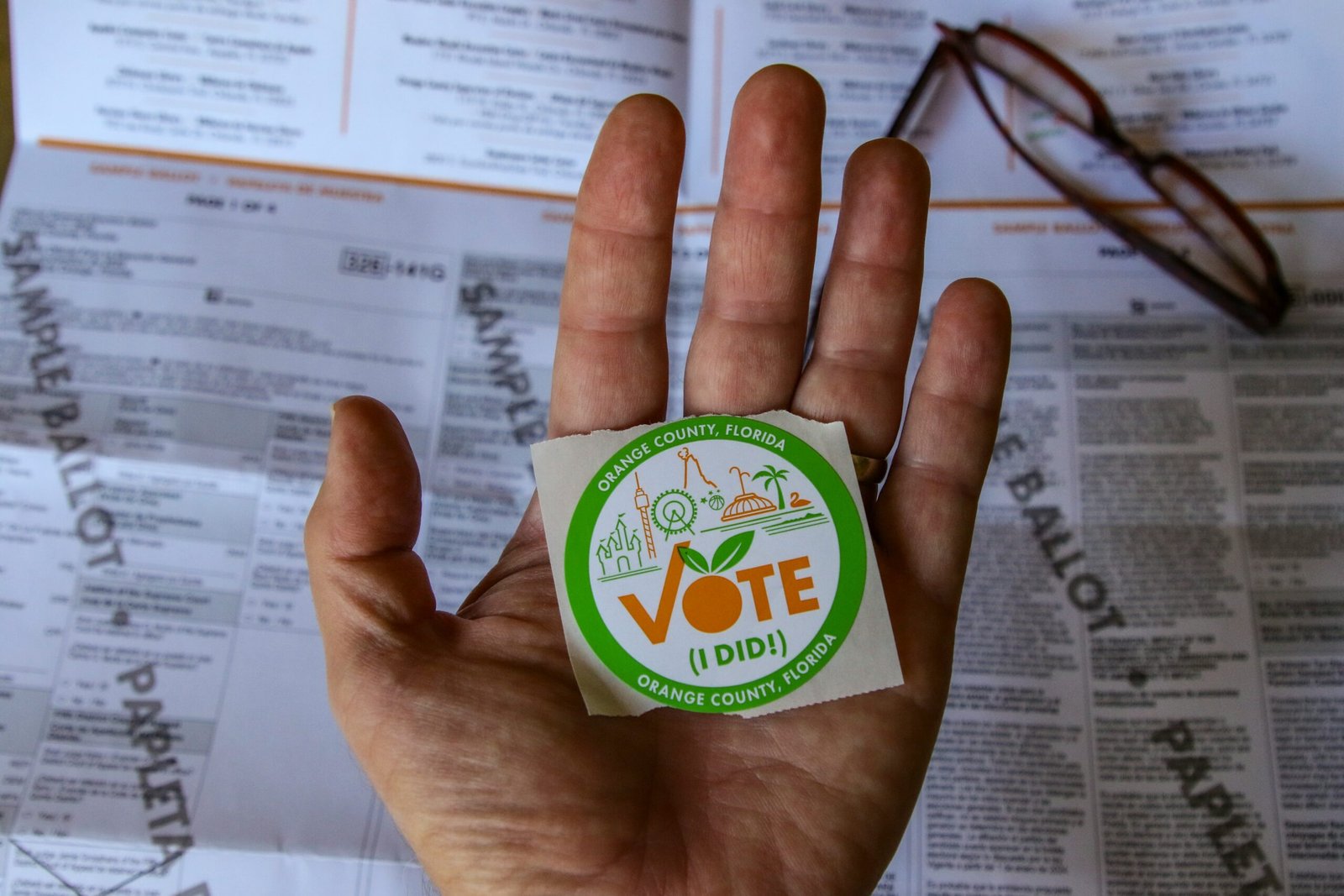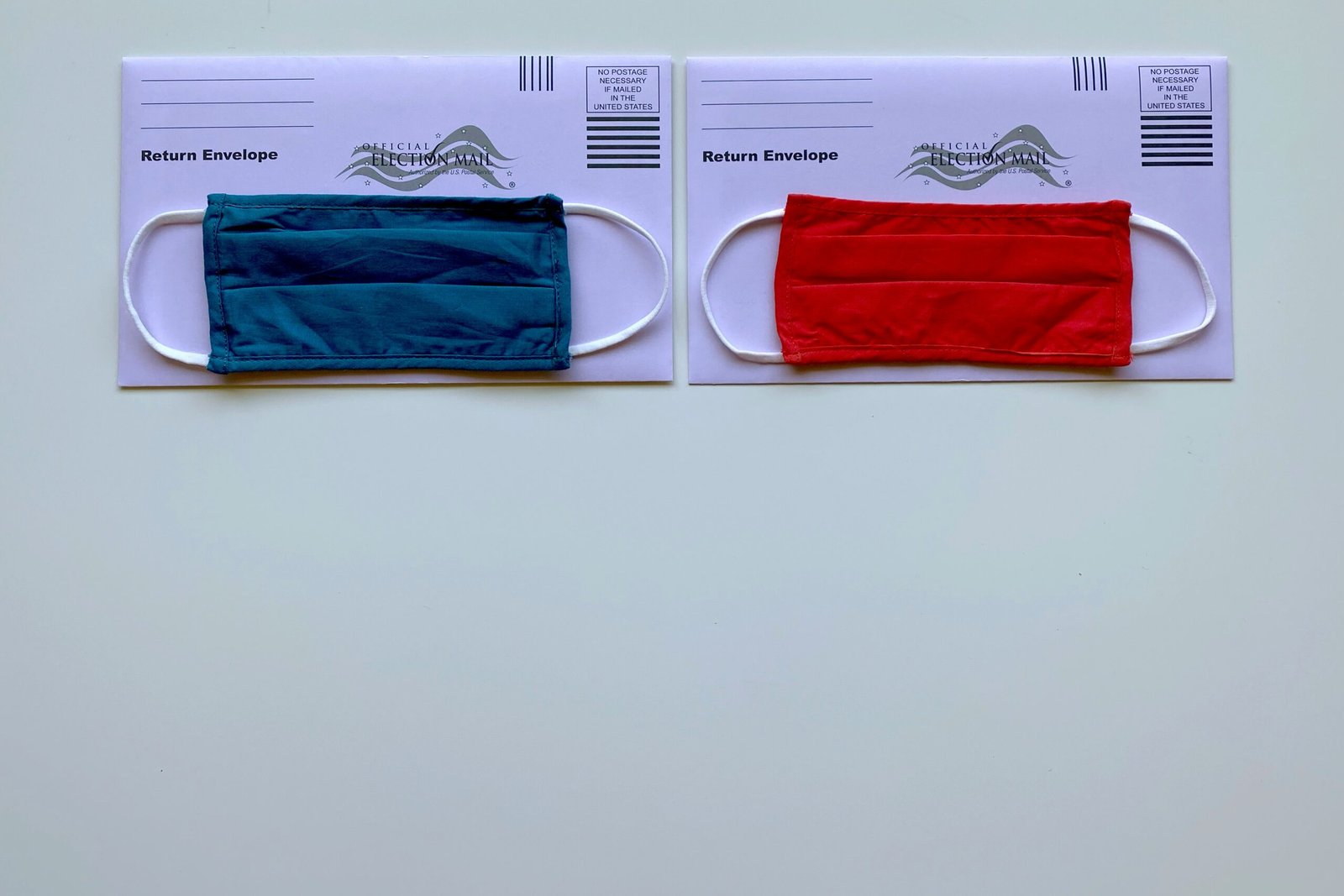How the Democrats Weaponized the Criminal Justice System Against Donald Trump: A Case of Election Interference
August 27, 2024 | by kingneptune2023@gmail.com

Introduction: The Controversy Explained
In recent years, the political landscape in the United States has been fraught with polarization and contentious rhetoric. One particularly gripping issue that has captured the nation’s attention is the allegation that the Democratic Party has weaponized the criminal justice system against former President Donald Trump. This debate is rooted in claims that various legal actions taken against Trump were driven more by political motivations than genuine judicial concerns.
The controversy gained momentum with a series of high-profile investigations and indictments involving Trump, most notably surrounding his alleged involvement in election interference, mishandling of classified information, and business-related misconduct. For many of Trump’s supporters, these legal battles are seen as a deliberate ploy by Democrats to hinder his political influence, particularly in the run-up to future elections. Detractors argue that the prosecutions are simply the enforcement of the law, devoid of any political agenda.
Key events fueling these accusations include ongoing inquiries into Trump’s conduct during the 2020 election, his actions on January 6th, and various financial practices under scrutiny by federal and state authorities. Each of these legal actions has sparked fierce debate and polarized public opinion, raising questions about the impartiality of the justice system.
Understanding this complex issue requires a multifaceted examination of the interplay between legal proceedings and political strategy. At the core lies a critical discourse on the integrity of American democracy and the impartiality of institutions designed to uphold justice. As the nation approaches the upcoming elections, the repercussions of these allegations are likely to play a significant role in shaping voter perceptions and the political landscape overall.
This intricate debate encourages a deeper evaluation of the implications of using judicial mechanisms within the political sphere. As we delve into the finer points of this controversy, it becomes evident that the ramifications extend far beyond individual political figures and touch on foundational aspects of governance and public trust.
The Legal Actions: A Timeline of Events
The legal actions taken against former President Donald Trump reflect a complex chronology involving various indictments, investigations, and court cases. This timeline aims to elucidate the extent and nature of these challenges, underscoring the intricate interplay between legal entities and political dynamics.
March 2019: The Special Counsel’s Russia investigation, led by Robert Mueller, concluded with findings that did not establish a conspiracy between the Trump campaign and Russia, though it did outline multiple instances of potential obstruction of justice.
July 2019: The House of Representatives initiates an inquiry into President Trump’s phone call with the Ukrainian president, suggesting possible abuse of power for political advantage, leading to the first impeachment proceedings.
December 2019: Trump is impeached by the House on charges of abuse of power and obstruction of Congress, fueled by allegations of soliciting foreign intervention in the 2020 election. The Senate acquits him in February 2020.
January 2021: Following the Capitol riot, Trump faces a second impeachment in the House on charges of incitement of insurrection. He is subsequently acquitted by the Senate in February 2021.
February 2021: The Manhattan District Attorney’s Office intensifies its criminal investigation into the Trump Organization. With allegations spanning tax fraud, insurance fraud, and financial misconduct, the probe seeks to uncover potential illegalities in Trump’s business practices.
June 2021: New York Attorney General Letitia James and Manhattan District Attorney Cyrus Vance announce a joint criminal investigation into the Trump Organization, signaling a substantial escalation from previous civil inquiries.
October 2021: The House Select Committee investigating the January 6th insurrection issues subpoenas to key Trump allies, aiming to uncover the depths of any coordination in the events leading to the Capitol attack.
July 2022: The Department of Justice commences a comprehensive investigation into documents Donald Trump allegedly mishandled after leaving office, probing potential violations of the Presidential Records Act.
August 2022: The FBI executes a search warrant at Trump’s Mar-a-Lago estate, recovering classified documents, intensifying the legal scrutiny he faces.
This timeline of legal actions highlights the multifaceted legal hurdles Trump has encountered since his presidency. The combined efforts of various federal agencies, state officials, and local prosecutors paint a vivid picture of the contentious intersection between legal proceedings and political narratives.
Analysis of the Allegations: Weaponization or Legitimate Legal Processes?
The allegations against Donald Trump raise crucial questions: Are they a manifestation of the criminal justice system being weaponized for political gain, or are they legitimate legal processes conducted independently of political influence? Examining these perspectives requires an in-depth look at both historical precedents and contemporary assessments by legal experts and political analysts.
On one side, proponents argue that the multitude of investigations and charges leveled against Trump represent a deliberate attempt to undermine his political career. These proponents point to a perceived pattern of legal action that they claim is designed to distract and diminish his influence in upcoming elections. Historical precedents show that political figures have, on occasion, faced legal challenges that their supporters believed to be politically motivated. Those who believe the weaponization theory suggest that similar tactics are at play in Trump’s case.
Conversely, legal experts counter that the actions taken against Trump are well within the bounds of legitimate legal procedures. They emphasize that democratic legal systems are built with checks and balances that are intended to prevent the misuse of authority for political purposes. These experts argue that the charges faced by Trump have been rigorously assessed and pursued based on merit and judicial integrity, independent of political aspirations.
Furthermore, political analysts note that election interference is a grave concern for any democratic society. There are stringent criteria and legal barriers in place to identify and prevent such interference, ensuring that legal processes remain impartial. The allegations against Trump are seen by some as part of a broader effort to maintain the sanctity of the electoral process, holding individuals accountable irrespective of their status.
In weighing both perspectives, it becomes evident that the controversy surrounding Trump’s legal battles is multifaceted and deeply entrenched in broader discussions about the intersection of law and politics. Whether viewed as weaponization or the result of legitimate legal scrutiny, the debate underscores the challenges inherent in balancing political influence and judicial impartiality.
Implications for the 2024 Election: What Voters Need to Know
The ongoing legal actions against Donald Trump are poised to have far-reaching implications for the 2024 presidential election. These events could significantly influence voter perception, campaign strategies, and the broader political landscape, adding layers of complexity to an already dynamic electoral environment.
From a voter perception standpoint, the criminal cases brought against Trump may reinforce or challenge existing views. For his staunch supporters, the legal battles can be seen as further evidence of what they perceive to be a politicized and biased criminal justice system. Conversely, critics may interpret these actions as justified efforts to hold a controversial figure accountable. This dichotomy could contribute to a polarized electorate, with deeply entrenched viewpoints on both sides.
Regarding campaign strategies, Trump’s legal issues may force him and his campaign to allocate significant resources towards legal defense, potentially diverting attention and funds from traditional campaigning efforts. Additionally, these legal entanglements could be leveraged by Trump’s opponents as talking points in their own campaigns. The manner in which both sides navigate this landscape will be crucial in shaping voter narratives and engagement.
Polling data reveals a mixed outlook. Some surveys indicate that Trump’s legal woes have galvanized his base, while others suggest a degree of skepticism among swing voters. This ambivalence could make the election highly unpredictable, prompting both parties to continuously adapt their strategies to the evolving scenario.
Experts predict several potential outcomes. Should Trump face prolonged legal battles, his ability to campaign effectively could be compromised, which might impact his standing in the primaries and general election. Alternatively, an acquittal or reduction in legal pressure could reinvigorate his campaign, altering the competitive dynamics of the race. Furthermore, the broader implications for democratic processes in the United States cannot be ignored. The intersection of criminal justice and electoral politics may raise questions about fairness, accountability, and the integrity of the democratic system.
As the 2024 election approaches, it remains imperative for voters to stay informed about these unfolding developments and engage critically with the information they encounter. The ultimate impact of Trump’s legal battles on the election will continue to unfold, shaping the trajectory of American politics in the months to come.
RELATED POSTS
View all


